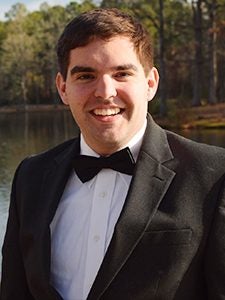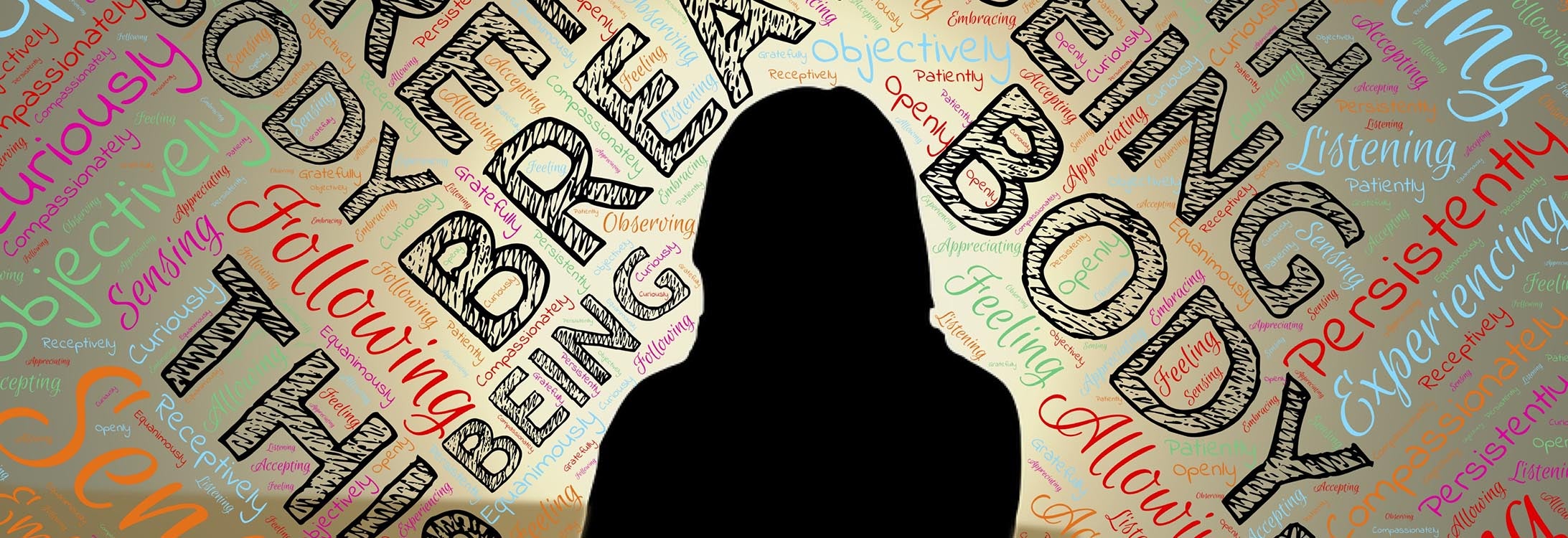Student Profile William Guiler

ECU undergraduate researcher William Guiler is researching effective ways that mindfulness can help students cope with stress.
Major: Neuroscience and Psychology
Mentor: Dr. Christyn Dolbier
Department: Department of Psychology
Project Title: “Effects of a Mindfulness-Based Stress Management Program for College Students”
Mindfulness interventions have been shown to provide benefits for various populations. Until recently, there was not a mindfulness program specifically designed for emerging adults and college students. William is investigating a new program, called Koru, to gain a better understanding of the exact benefits and its effectiveness.
How did you get involved in undergraduate research?
I got involved in research during my freshman year. With goals of entering a graduate program, I knew research experience and skills would be vital. I reached out to my advisors who were able to get me in contact with various researchers in the Department of Psychology.
Why did you choose your research topic?
Stress and anxiety are pervasive across college campuses. With counseling centers struggling to keep up with the increased demand, alternative treatments and methods of providing care are becoming essential. Mindfulness is a non-invasive approach to treating stress and anxiety that does not require the use of medication. If the mindfulness course proves successful, the university may be able to help even more students cope with stress and anxiety.
What’s been your favorite part of conducting undergraduate research?
My favorite part of undergraduate research is knowing that I am making a positive impact on ECU and the community. Research is no simple task, but the knowledge that I am helping others makes it all worthwhile.
What challenges have you faced while conducting undergraduate research?
With any research project, there are clear obstacles that must be overcome. As an undergraduate, I had to first educate myself with all of the literature on mindfulness interventions. Secondly, there were many skills necessary for me to participate in the research that I had not yet learned. Thankfully, I have a phenomenal mentor, Dr. Dolbier, that has always been willing to teach me the essential competencies.
Why is your research important for the general public?
Stress and anxiety affect almost everyone. The current method of treatment consists of potentially harmful medications or expensive sessions of psychotherapy. Medications for anxiety have shown to be ineffective in the long-term and while psychotherapy proves superior, many cannot afford to go to therapy as many providers do not accept insurance. Mindfulness allows someone to cope with stress and anxiety on their own for free.
What’s your ultimate goal or accomplishment that you hope your research will help you achieve?
My ultimate goal would be to have my research lead to a university-wide initiative focusing on teaching mindfulness to the entire student-body.
Do you have any advice for other students interested in conducting undergraduate research?
There are many ways to get involved in research if you are interested. Talk with your professors, meet with your advisors, and check out the Office of Undergraduate Research. Be prepared, however, as you will be expected to work hard and learn a lot!
